Brendan Rodgers’ downfall in his position as Liverpool manager is eerily similar to that of other discarded managers, writes Jack Lusby.

Is Brendan Rodgers doomed to failure as manager of Liverpool?
Following a miserable 2014/15 campaign with a poor start to 2015/16 has put the Ulsterman under serious pressure in charge of the Reds, and despite receiving the backing of owners Fenway Sports Group, the likelihood of his departure is increasing by the game.
Drawing parallels with his reign on Merseyside and those of other managers to receive their P45 in the Premier League suggests that his time may be coming to an end.
Confusing Team Selections

“Very strange team selection by David Moyes at West Ham,” the Telegraph‘s Manchester-based football correspondent Mark Ogden tweeted last March. “About five players playing out of position…”
Moyes’ starting lineup for Manchester United’s fortuitous 2-0 win over West Ham United drew considerable criticism from the club’s supporters.
Alexander Buttner was preferred over Patrice Evra at left-back, an out-of-form Ashley Young was fielded ahead of the likes of Adnan Januzaj and Danny Welbeck in attack and Michael Carrick filled in for the injured Rio Ferdinand at centre-back.
Just one month later, Moyes was sacked, bringing to an end a disastrous spell in charge of the Old Trafford club.
During Moyes’ time in Manchester, then-United striker Robin Van Persie complained how his curiously deployed team-mates were “sometimes occupying the spaces I want to play in.”
It is easy to imagine the likes of Philippe Coutinho, Emre Can and Roberto Firmino feeling the same way under Rodgers this season.
The starting lineup for Saturday’s 3-1 loss away to United is the perfect example, with the personnel selected suggesting a return to a fluid 4-4-2 diamond formation, before kickoff revealed an unbalanced 4-5-1.
Firmino and Danny Ings were both fielded out of position, much like Lazar Markovic, Raheem Sterling, Adam Lallana, Jordan Henderson and Jordon Ibe at times last season.
Meanwhile the likes of Mamadou Sakho and Alberto Moreno are shunted onto the sidelines.
It is impossible to second-guess a Rodgers lineup but, as with Moyes, this is coming to the detriment of his side’s efficiency on the field.
Misplaced Hyperbole
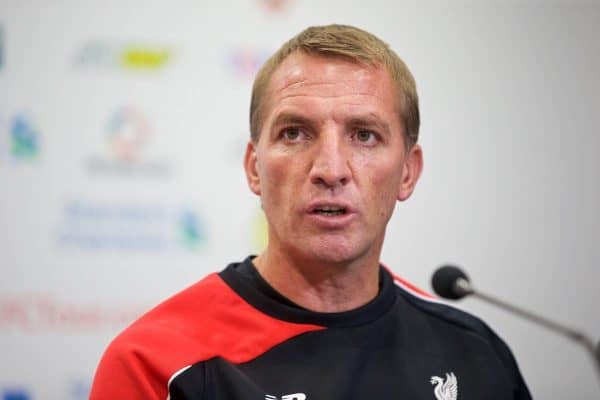
“The only team with better results than us over the past five or six games is Arsenal or Manchester United,” Roy Hodgson said in December 2010, despite his side having won just seven points from their last six Premier League games and chairman Tom Werner describing the club’s form as “unacceptable.”
“If you take the last five or six games we are right up there in terms of results,” he continued.
That is just one of a host of bizarre quotes from Hodgson’s six-month spell in charge of Liverpool, with the “utopia” of a potential win against Everton and a “famous victory” over Bolton Wanderers serving to underline the manager’s disconnection from reality.
Just under five years later and this seems oddly familiar, with Rodgers’ excruciating buzzwords and skewed analysis worryingly reminiscent of the delusional Hodgson.
“It was probably the best defeat I’ve ever had,” Rodgers frustratingly said of last season’s 3-0 defeat away to United, prefacing Liverpool’s most recent deflating loss.
In his post-match briefing at Old Trafford on Saturday, the manager declared his side “showed good character.”
Few would agree.
Failure to Replace Star Players

Andre Villas-Boas’ ill-fated spell in charge of Tottenham Hotspur came to a crashing halt, ironically, after his side were defeated 5-0 by Liverpool during the Reds’ most unexpected of title challenges under Rodgers in 2013/14.
At White Hart Lane on that December afternoon, Luis Suarez was at his very best: the Uruguayan scored twice and assisted goals for Jordan Henderson and Raheem Sterling.
This was a Liverpool side at the peak of their powers, with even the goal-shy Jon Flanagan managing to put one past a struggling Hugo Lloris—all fuelled by the brilliance of Suarez.
Spurs’ capitulation under Villas-Boas stemmed from the loss of their own star player: Gareth Bale.
Bale joined Real Madrid in a world-record transfer in the summer of 2013 and, despite Spurs signing Paulinho, Nacer Chadli, Roberto Soldado, Erik Lamela, Etienne Capoue, Vlad Chiriches and Christian Eriksen for a combined total of £105 million, Villas-Boas’ side were rocked by his departure.
Suarez left Liverpool just seven months after that victory, and Rodgers has struggled to replace him since, with a similar spending spree failing to reinvigorate the Reds in 2014/15.
Rodgers has arguably also failed to replace Sterling and the injury-prone Daniel Sturridge during his time on Merseyside, and a drop in performances without the trio that spurred 2013/14’s title charge could see Rodgers go the same way as Villas-Boas.
Negative Tactics
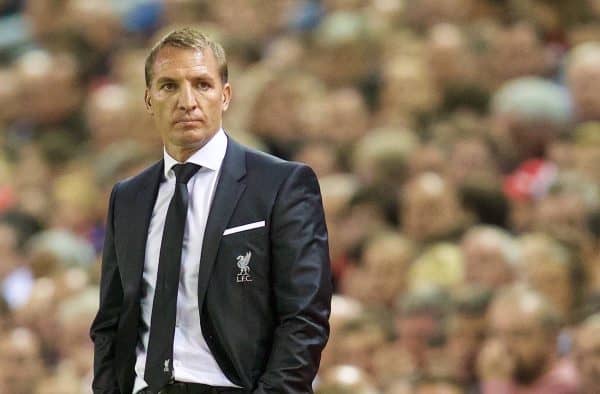
There is a great feeling of Rodgers attempting to save face with his approach in the first five games of the Premier League season so far, with a noticeably more negative style of play implemented in order to gain results such as August’s 0-0 draw away to Arsenal.
This represents a worrying sacrifice of ideals from the previously headstrong manager.
“I used to want everyone to play football, bam-bam-bam, but I respect other teams, players and managers,” he said while in charge of Swansea City in 2012.
“But it’s very short-term nowadays, people will play as they see fit to survive. My way of working is different.”
At the moment, Rodgers is playing to survive and, unfortunately, these negative tactics are consigning Liverpool to misery—far removed from the swashbuckling attacking play of 2013/14, or the possession-heavy style of 2012/13.
In fact, Liverpool’s average percentage of ball possession has dropped every season Rodgers has been in charge: in 2012/13, it was 55 percent; in 2013/14, it was 54 percent; in 2014/15, it was 52 percent; and this season so far it is 50 percent.
Back in 2012, Rodgers claimed the players he targets in the transfer market “need to have the capacity to have the ball for nearly 75 percent of the game.”
Unfortunately, Rodgers seems to have cast this approach aside, with Liverpool instead resembling the confused outfit of Rafa Benitez’s final season on Merseyside.
Repetition of Mistakes

Rodgers’ current situation is worryingly similar to the end of his short spell in charge of Reading in 2009, with a clear lack of the pragmatism that he became renowned for in his first seasons with Liverpool.
Debating whether Reading were right to sack Rodgers in a captivating retrospective last year, the Reading Post‘s Hugh Fort recalled a familiar situation:
I had a season ticket that year, every time I turned up to a game whatever randomly selected team he’d picked that day gave the impression they’d been introduced to each other about 20 minutes before kick-off.
No-one understood what to do, the football was sleep-inducing, tedious and utterly ineffective.
The tactics seemed to be tippy-tappying the ball around, losing it, letting the opposition score, then repeating the process until finally having your first shot in the 87th minute.
It was awful.
Rodgers’ revolutionary tactics were lost on an admittedly limited group of players.
But I ask you, if you are eating a meal, and you realise it’s disgusting, do you just blindly carry on eating it in the hope it gets better, or do you eat something else completely different?
Rodgers left Reading by mutual consent at the end of 2009, with his reign deemed a failed experiment.
Miserably, this notion of blindly carrying on is now apparent at Anfield: the persistence with Martin Skrtel and Dejan Lovren; the stubborn 4-3-3; the isolation of Christian Benteke; the out-of-position marginalisation of promising talents; and the failure to recognise the fundamental importance of a defensive midfielder.
Rodgers ignoring his deficiencies could see him follow his doomed Reading trajectory this season.
[interaction id=”55f490ffcfb503701d31a8d4″]

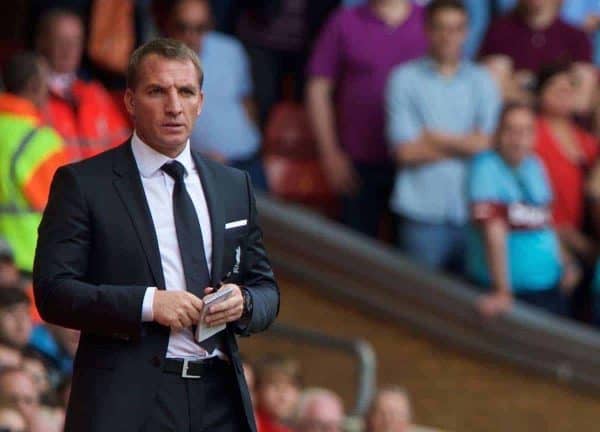

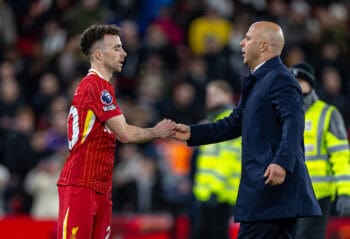
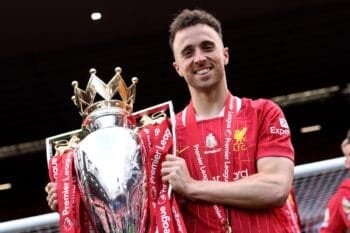

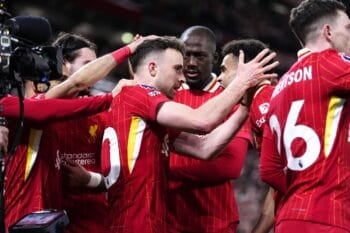
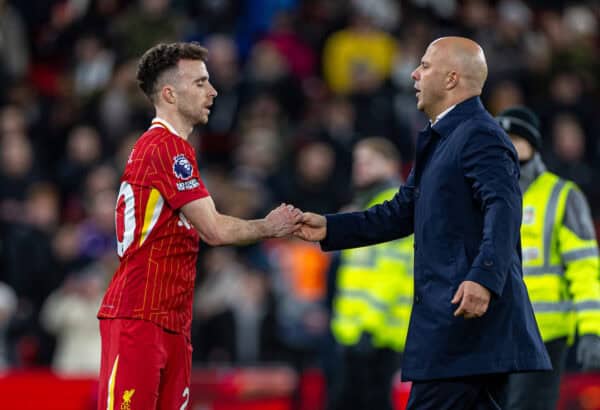
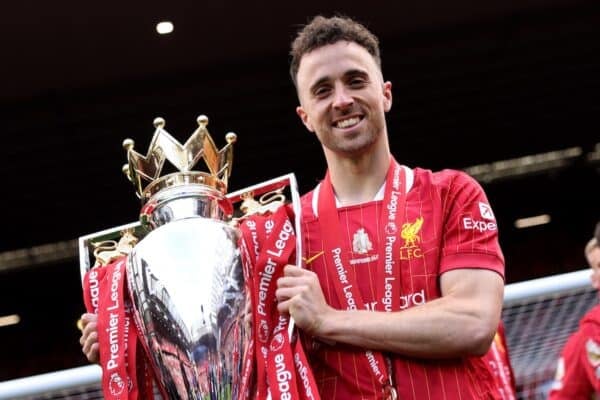
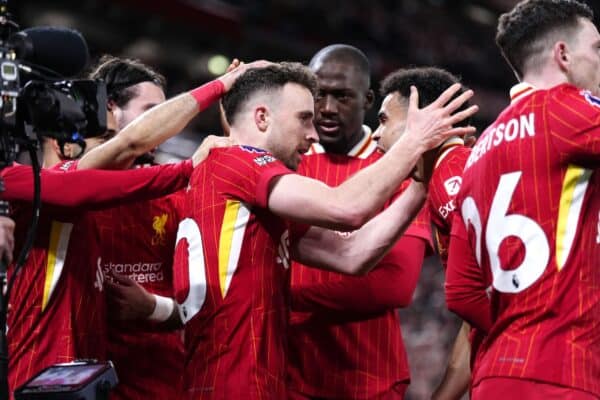
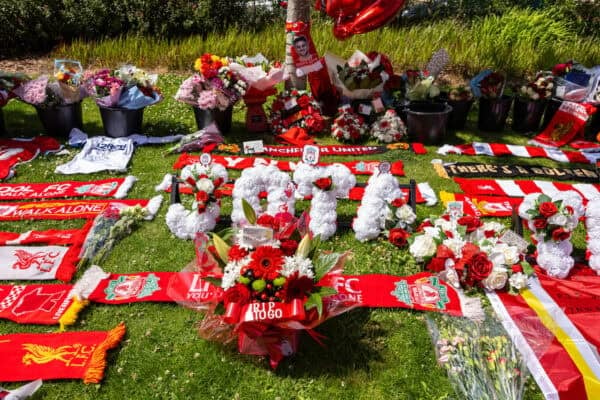
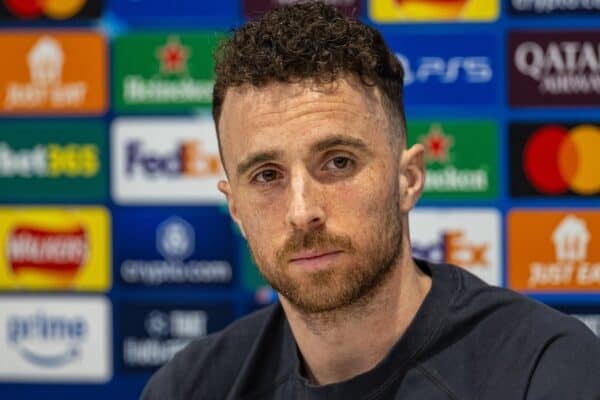
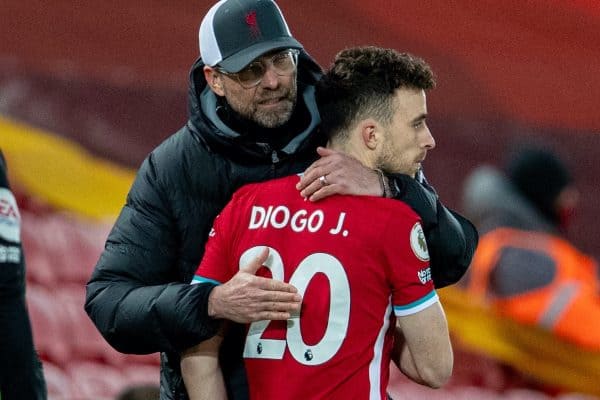
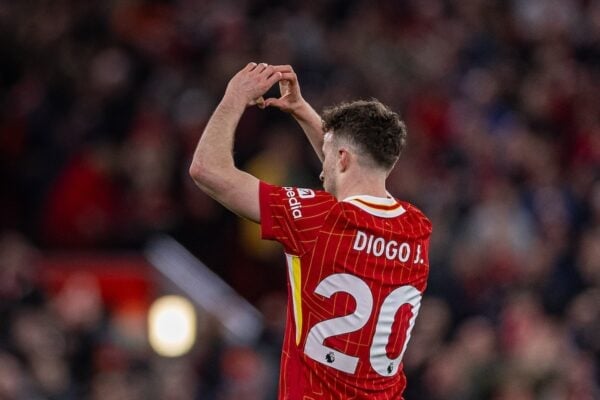
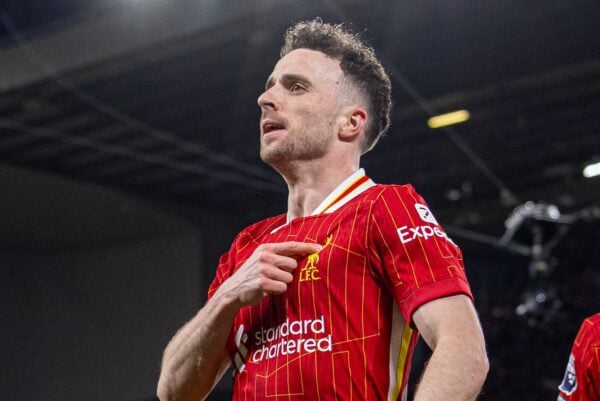

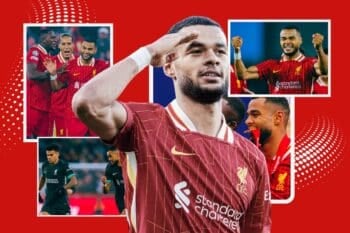

Fan Comments